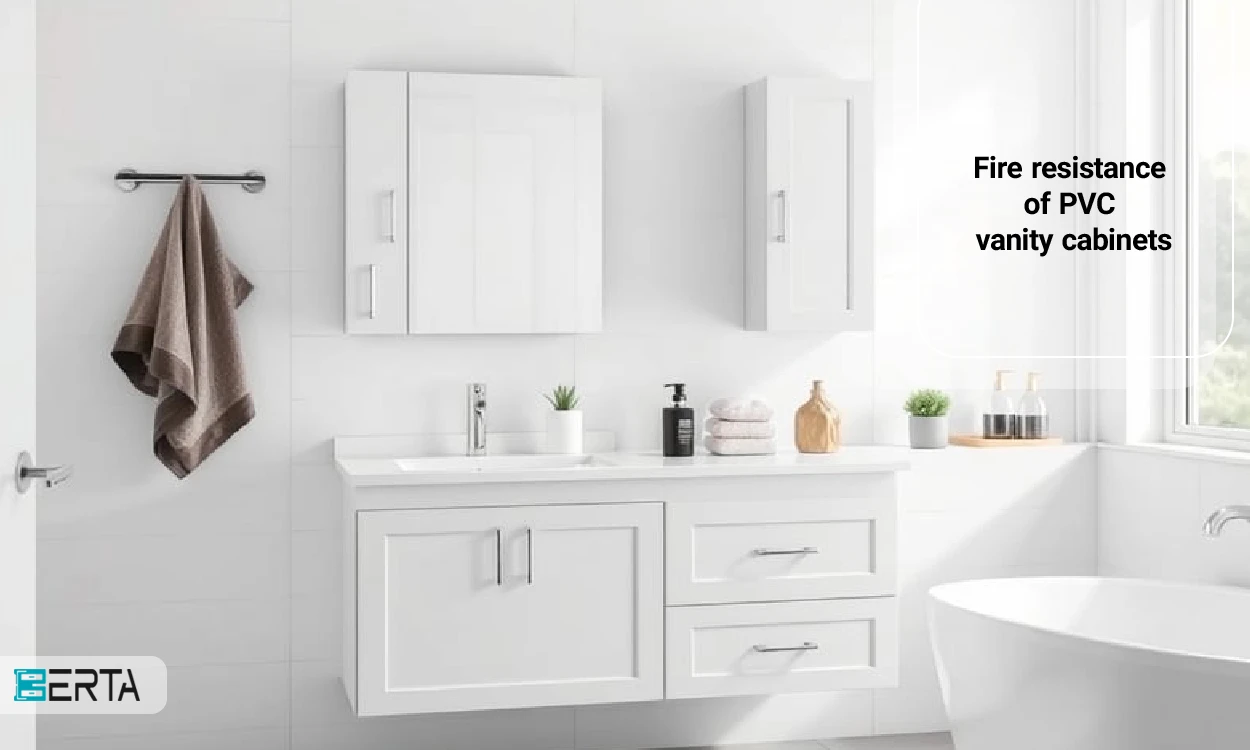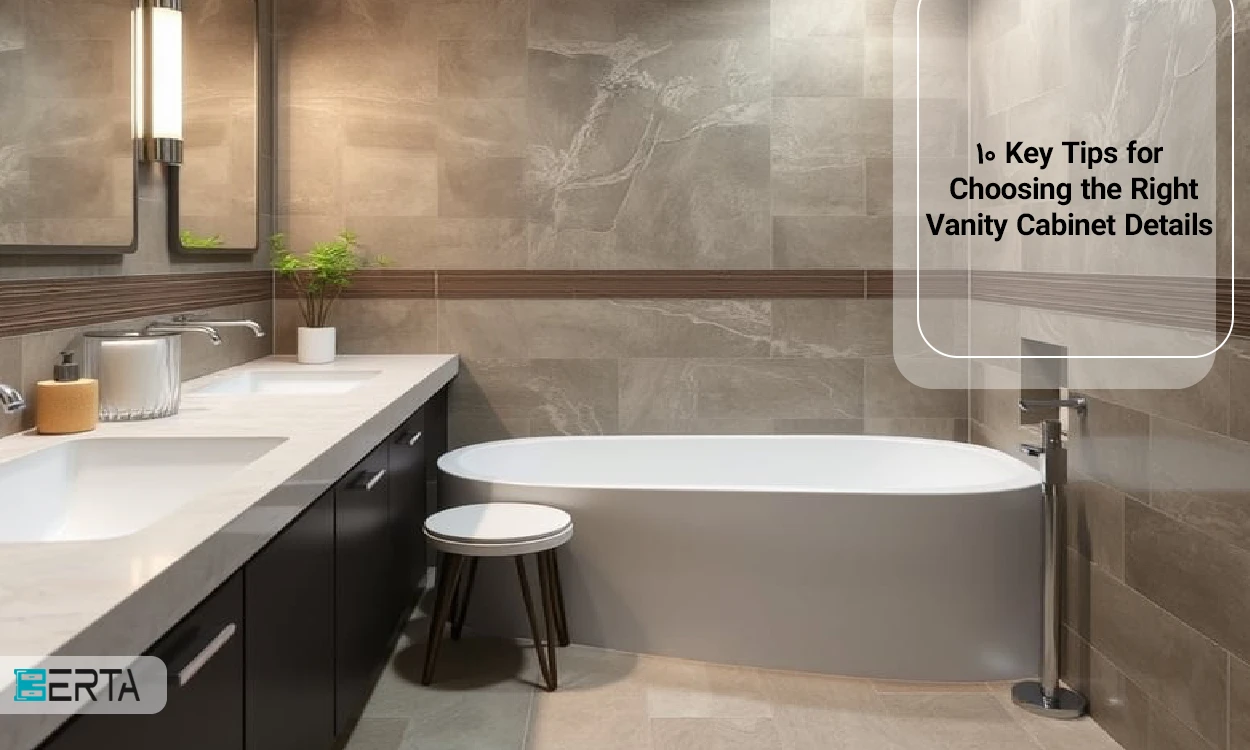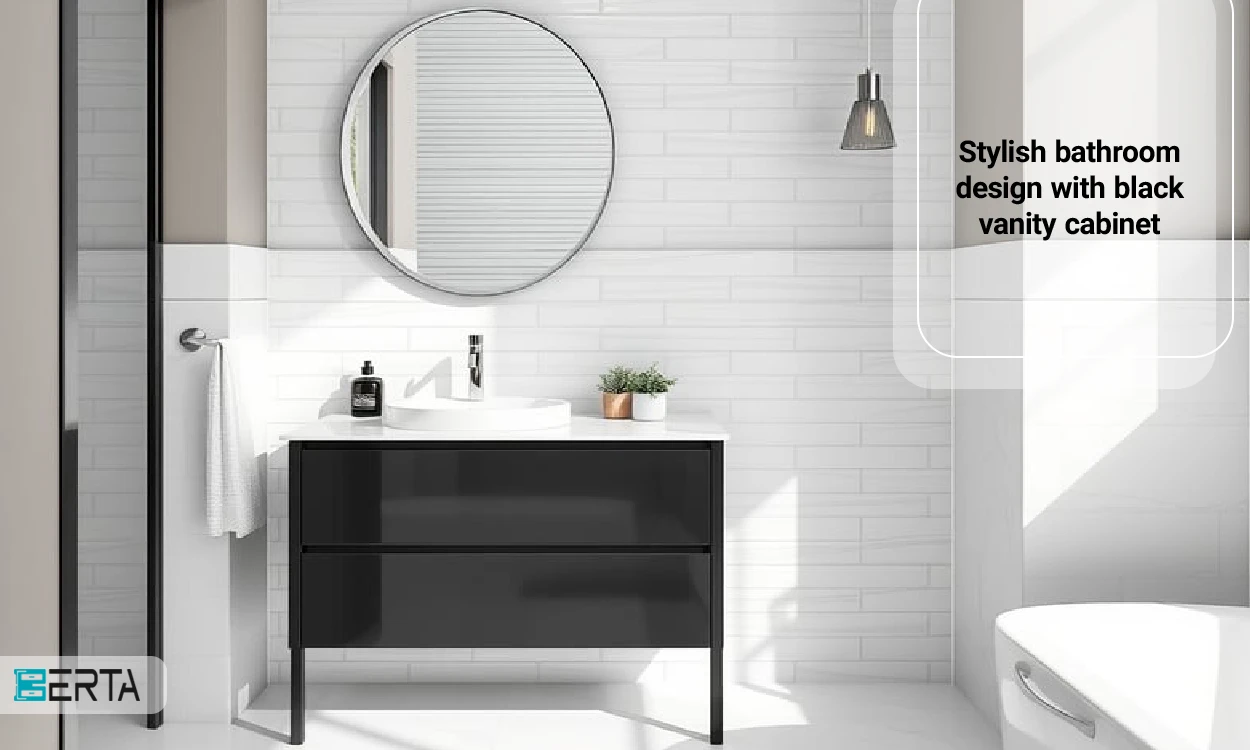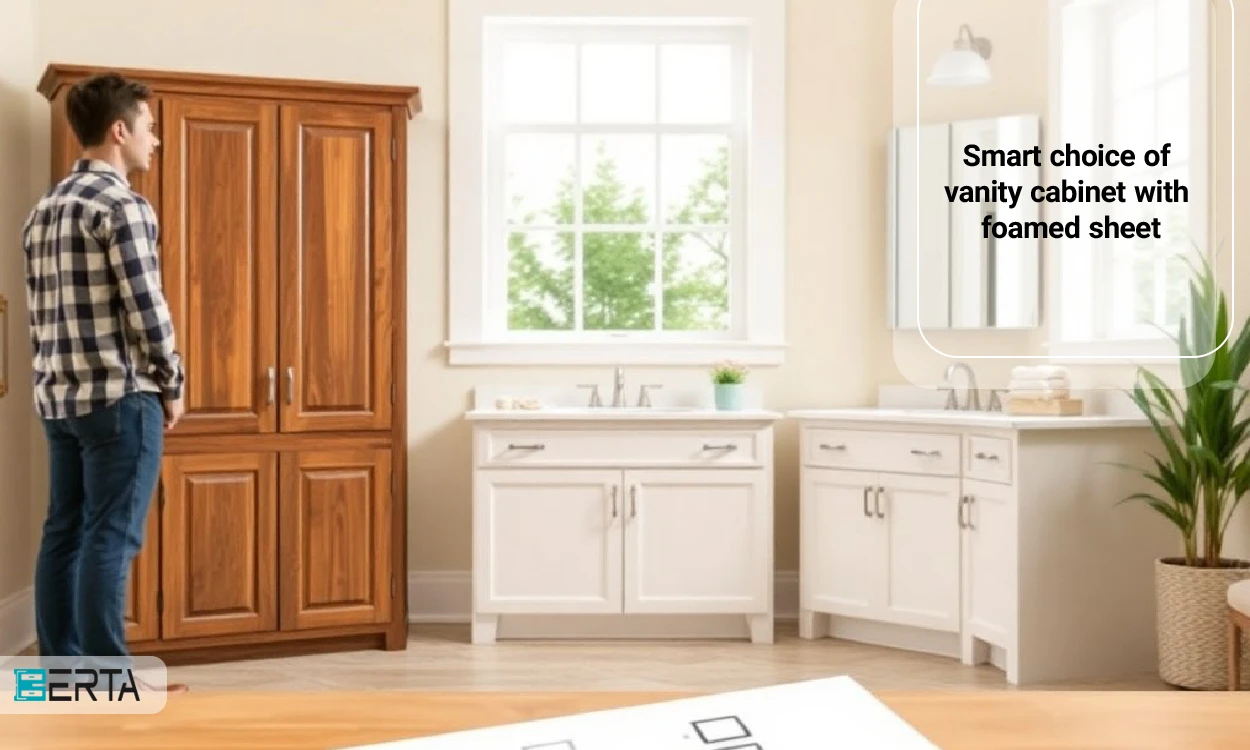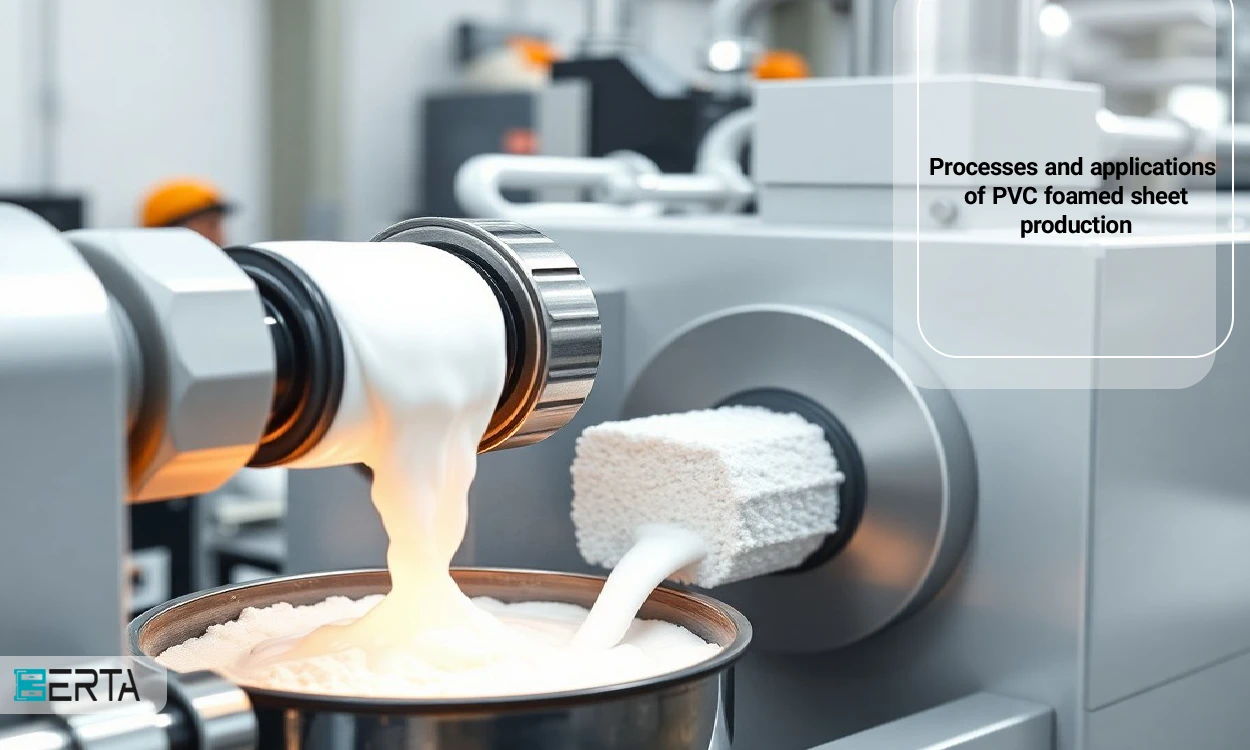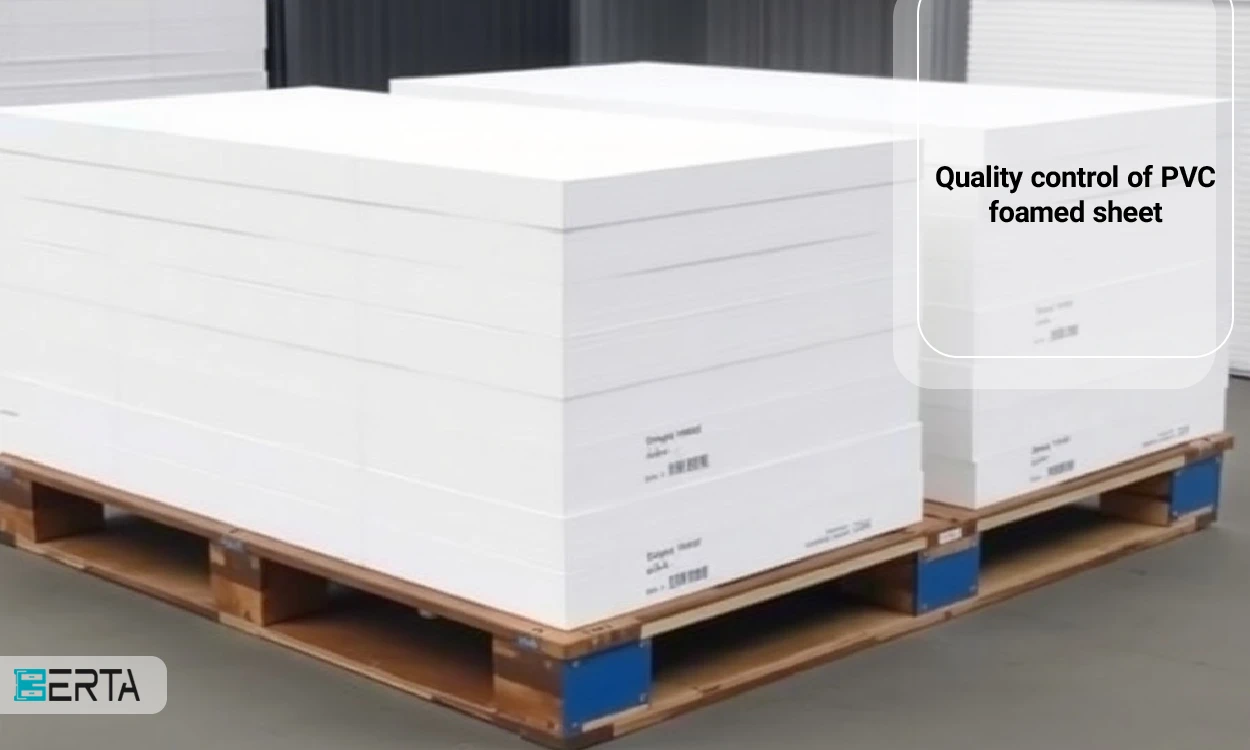A water heater is one of the essential devices in every home that helps us in providing hot water for various purposes. But this practical device also comes with challenges. One of the common problems is the large dimensions of some water heaters, which can make your space appear crowded and irregular. Also, in the middle of using hot water for bathing or washing dishes, the water heater may suddenly turn off, causing discomfort and interruption in your daily work. However, fortunately, there are different types of water heaters available in the market, each of which has its characteristics and advantages. Before buying, reading and carefully examining these products can help you make the right choice that suits your needs and avoid possible regrets later. In this article, we will examine the types of water heaters and the advantages and disadvantages of each. Our goal is to help you make the best-informed choice for your home.
Types of water heaters
1- Electric water heater
Electric water heaters use electrical energy to heat water. These types of water heaters are usually available in different sizes and capacities.
Advantages:
- Easy and fast installation
- It does not need fossil fuels
- It can be easily installed in different places
Disadvantages:
- High cost of electricity compared to other fuels
- It may put pressure on the power grid during peak times
2- Gas water heater
These types of water heaters use natural gas or liquefied petroleum gas (LPG) to heat water. These water heaters are usually available with or without a tank (instant).
Advantages:
- Lower cost than electric water heater
- Faster water heating time
Disadvantages:
- Proper ventilation is required to avoid gas hazards
- Installation is more complicated and requires special permissions
3- Solar water heater
Solar water heaters use solar energy to heat water. These water heaters usually include solar panels and water storage tanks.
Advantages:
- Very low operating costs
- Environmentally friendly and reduce greenhouse gas emissions
Disadvantages:
- High initial installation cost
- Dependence on atmospheric conditions and sunlight
4- Thermal water heater (heat pump)
Thermal water heaters use heat pump technology to absorb heat from the environment (outside air or ground) and transfer it to water.
Advantages:
- Very high efficiency and low energy cost
- Suitable for use in areas with moderate temperatures
Disadvantages:
- High initial costs
- Less effective performance at very low temperatures
Water heater features
1- Electric water heater
Advantages:
- Easy installation: these water heaters are easily installed without the need for special expertise.
- No need for fossil fuel: using electricity, there is no need for gas or other fuels.
- Can be used in different places: they can be installed in any place where there is electricity.
Disadvantages:
- High cost of electricity: Energy costs can be higher compared to other types of water heaters.
- Efficiency during peak consumption times: During peak consumption times, it may put pressure on the power grid and reduce efficiency.
Installation and maintenance costs:
- The installation cost is usually between 4000000 and 12000000 Tomans.
- Maintenance costs are usually low, but elements may need to be replaced periodically.
2- Gas water heater
Advantages:
- Lower cost: Gas costs are usually lower than electricity, especially in areas with access to natural gas.
- Heating speed: These water heaters usually heat water faster than electric water heaters.
Disadvantages:
- Need for ventilation: They need proper ventilation to prevent the accumulation of dangerous gases.
- Complexity of installation: Installation of these types of water heaters is usually more complicated and may require special permits.
Installation and maintenance costs:
- The installation cost can be between 20,000,000 and 40,000,000 Tomans.
- Maintenance costs include periodic inspections of gas and ventilation systems.
3- Solar water heater
Advantages:
- Low operating costs: After installation, energy costs are almost zero.
- Environmentally friendly: reducing greenhouse gas emissions and using renewable energy.
Disadvantages:
- High initial cost: The installation cost may be much higher than other types of water heaters.
- Dependence on atmospheric conditions: their efficiency is highly dependent on sunlight.
Installation and maintenance costs:
- The installation cost is usually between 120,000,000 and 280,000,000 Tomans.
- Maintenance is usually low but requires periodic inspection and cleaning of panels.
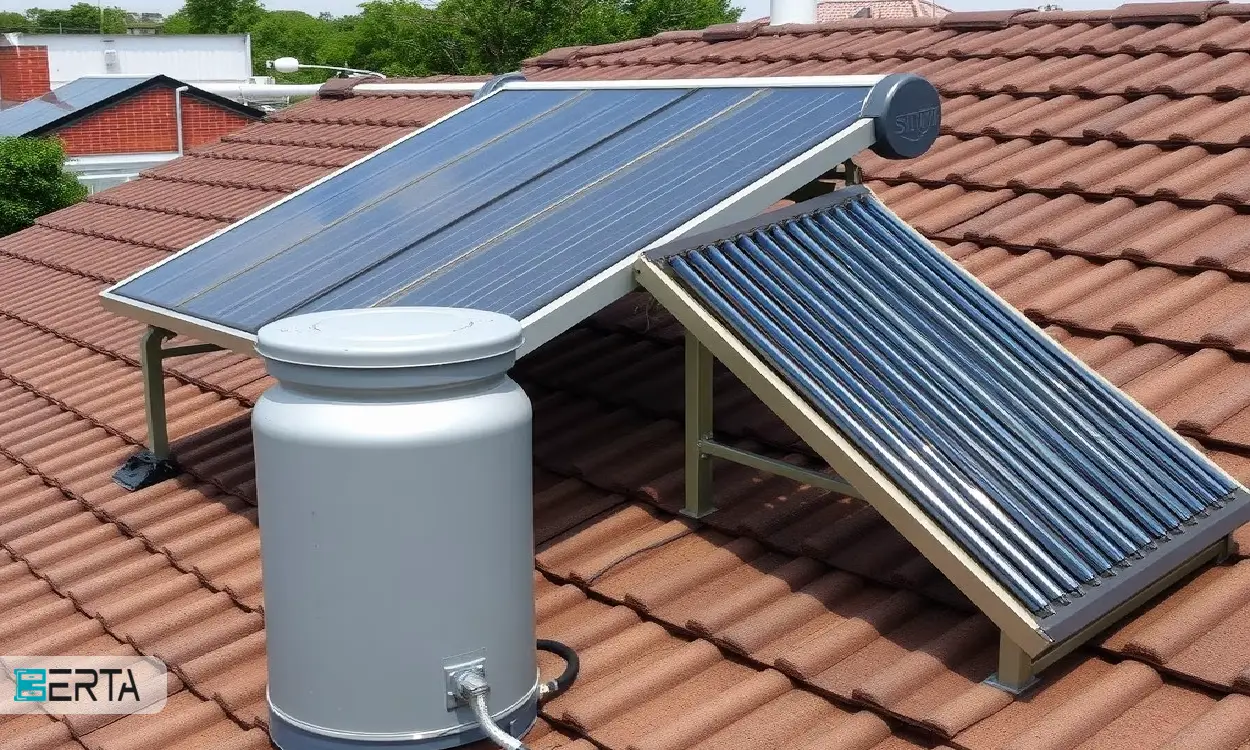
4- Thermal water heater (heat pump)
Advantages:
- High efficiency: These types of water heaters usually have very high energy efficiency and can reduce energy costs.
- Use of natural resources: they use renewable energy by absorbing heat from the environment.
Disadvantages:
- High initial costs: Installation of these types of water heaters usually costs more.
- Performance at low temperatures: Their performance decreases at very low temperatures.
Installation and maintenance costs:
- The installation cost can be between 80,000,000 and 200,000,000 Tomans.
- Maintenance costs include periodic system and filter checks.
Applications and proper selection of water heater
1- Choosing a water heater based on needs
Choosing the right water heater depends on your specific needs and circumstances. Here are some tips to make a better choice:
- Volume of water consumption: If you have a large family or you need hot water for various purposes (such as washing, showering, etc.), you should choose a water heater with a high capacity. Tank water heaters are usually suitable for these types of needs.
- Type of fuel: Depending on the availability of different fuels (electricity, gas, or solar energy), you should choose the type of water heater. In areas where natural gas is available, gas water heaters can be a better option.
- Installation space: The space available for installing the water heater is also important. Tankless water heaters require more space, while tankless (instantaneous) water heaters usually take up less space.
- Operating costs: The running costs of water heaters (electricity or gas) must be considered. Although solar water heaters have a high initial cost, they can be more economical in terms of long-term operating costs.
2- Important points in buying a water heater
Pay attention to the following points to buy the right water heater:
- Checking the capacity: The capacity of the water heater should be suitable for the needs of your home. Conventional water heaters are usually available in capacities of 20 to 80 gallons.
- Energy efficiency: Pay attention to the energy rating of the water heater. High energy efficiency water heaters can reduce energy costs and help the environment.
- Warranty and after-sales service: Buy from companies that offer good warranty and after-sales service. This can be very useful in case of problems in the future.
- Reviews and Ratings: Before you buy, read user reviews and online reviews. This will help you learn from other people's experiences and make a better choice.
- Installation cost: Consider the installation cost as well. Some water heaters require a more complicated installation that may incur additional costs.
- Compatibility with existing systems: Make sure the water heater you choose is compatible with existing systems in your home (such as plumbing and electrical).
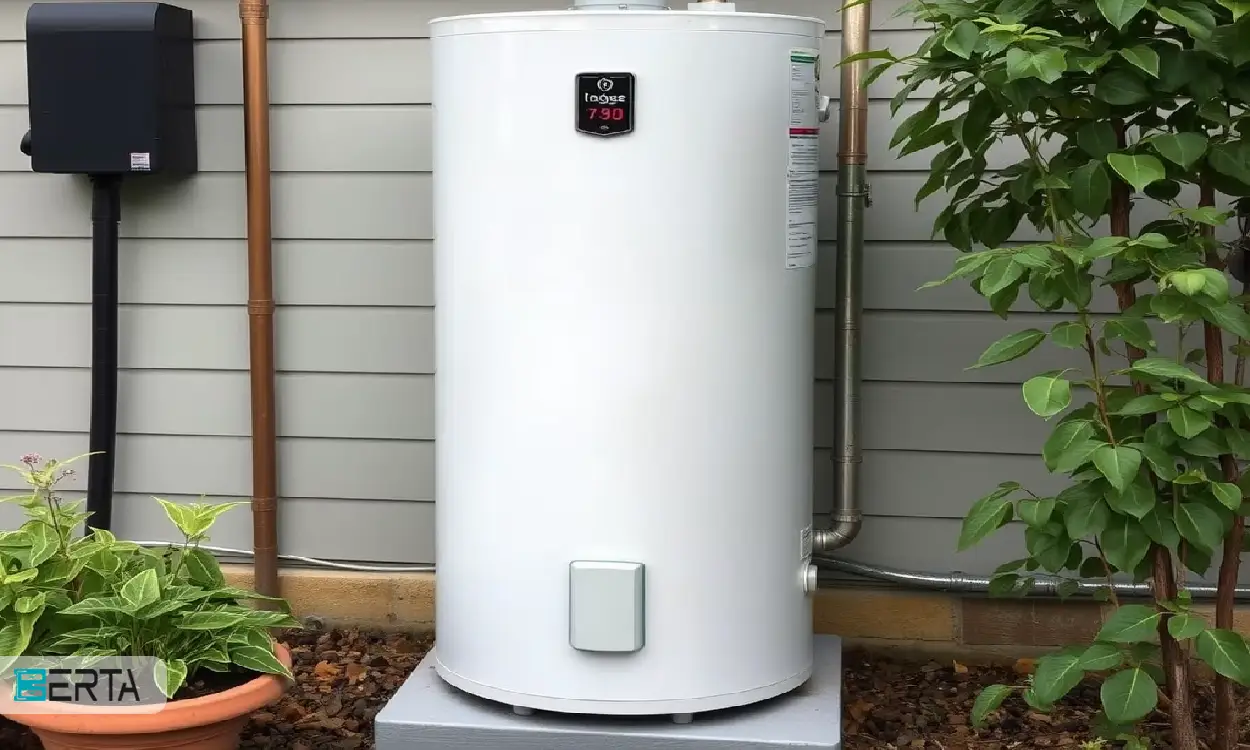
Safety tips for using a water heater
Safety tips for using a water heater are very important to prevent accidents and possible problems. Below are safety tips for using a water heater:
1- Correct installation
- Hiring an experienced technician: water heater installation must be done by an experienced and licensed technician. This will help prevent potential problems in the future.
- Follow the instructions: Be sure to follow the manufacturer's instructions regarding the installation and use of the water heater.
2- Checking the fuel source
- Check for gas leaks: If you use a gas water heater, check for gas leaks regularly. If you smell gas, turn off the gas valve immediately and call a technician.
- Proper ventilation: Make sure that your gas water heater has proper ventilation to prevent the accumulation of dangerous gases.
3- Temperature adjustment
- Temperature setting: Set the water heater temperature to 50 to 60 degrees Celsius. This will help prevent burns as well as reduce the risk of bacterial growth.
- Using a thermostat: If your water heater has a thermostat, use it to control the temperature.
4- Regular maintenance
- Periodic inspection: Check the water heater regularly and make sure there are no leaks or problems.
- Replacement of parts: If necessary, replace damaged or worn parts. This can extend the useful life of the water heater.
5- Safety in use
- Keep children out of reach: Keep children away from the water heater and teach them to stay away from hot water.
- Use of insulation: if necessary, use insulation for water heater pipes to prevent burns and energy loss.
6- Shutting down in emergencies
- Shutting off the water heater: If there is a problem or leakage, immediately turn off the water heater and contact the technician.
- Fire: In case of fire, use appropriate fire extinguishers and leave the building if necessary.
7- Emergency contact information
- Emergency Numbers: Have local emergency numbers such as fire department, gas service, and licensed technicians available.
conclusion
Finally, choosing the right water heater depends on the specific needs and conditions of each family. Considering the types of water heaters, including electric, gas, solar, and thermal, you can make a better decision by knowing the advantages and disadvantages of each. Important points such as water consumption volume, fuel type, installation space, and operating costs should be considered to make a satisfactory and optimal choice. Also, following the safety tips in installing and using the water heater can prevent accidents and possible problems. With the information you have gained in this article, we hope you can make the best choice for your home and get the most out of the benefits of hot water.




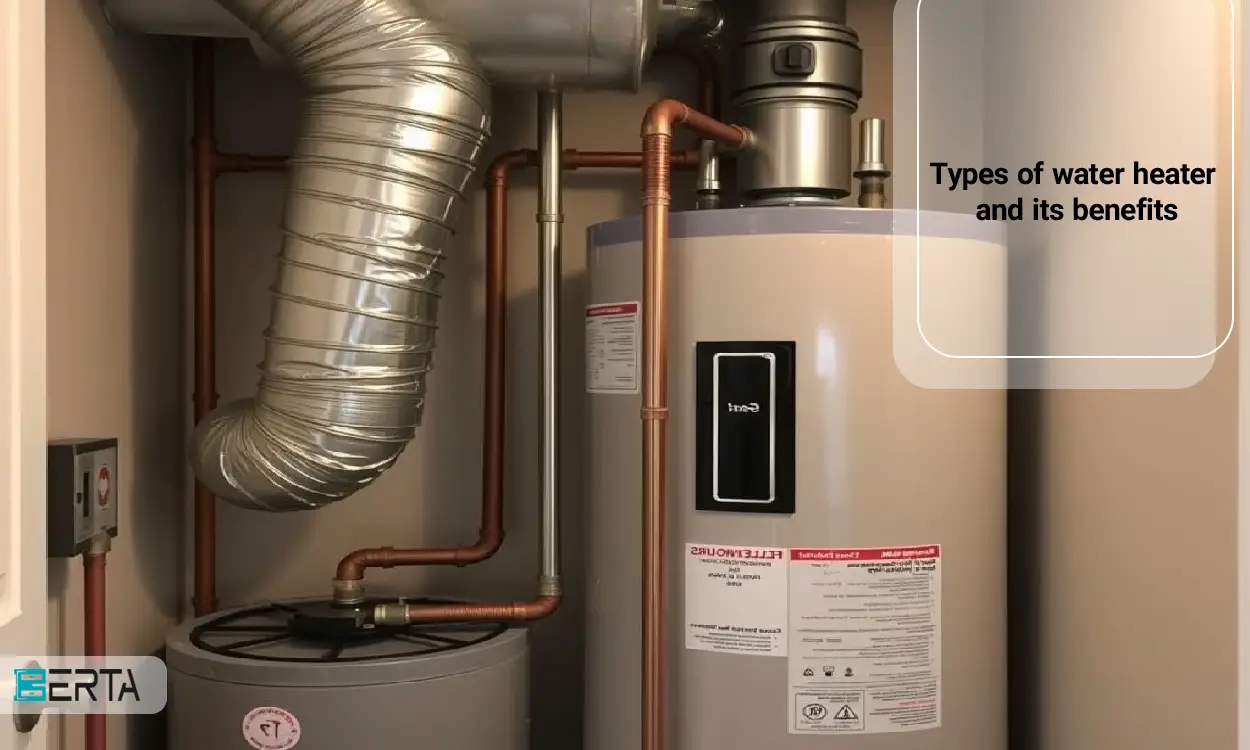
43456.jpg)
 Whatsapp
Whatsapp  Telegram
Telegram 
